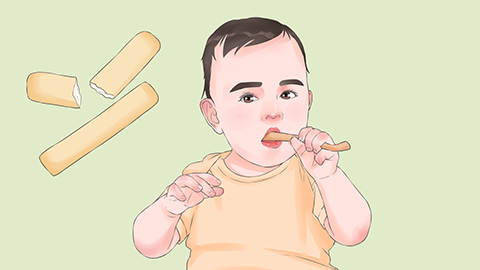儿童夜磨牙看What科
Children who grind their teeth at night should be taken to appropriate departments such as pediatric dentistry, pediatrics, stomatology, child health care, or psychology, depending on the potential causes. If teeth grinding is accompanied by tooth pain, facial swelling, or affects sleep quality, medical evaluation should be sought promptly.

1. Pediatric Dentistry: If nighttime teeth grinding is associated with severe tooth wear, swollen gums, tooth sensitivity, or cavities, a pediatric dentist can examine the child's bite, assess the extent of dental damage, and, if necessary, provide a custom occlusal splint (night guard) to protect the teeth and minimize further damage from grinding.
2. Pediatrics: If nighttime teeth grinding occurs alongside symptoms such as abdominal pain, poor appetite, or pallor, it may be related to intestinal parasitic infections or deficiencies in trace elements. A pediatrician can perform stool tests or trace element analyses to identify the underlying cause and initiate targeted treatment.
3. Stomatology (Oral Medicine): If teeth grinding is caused by malocclusion or misaligned teeth, an oral medicine specialist can evaluate jaw and tooth development through clinical examination and X-rays, and develop a treatment plan involving orthodontics or bite adjustment to improve the grinding issue.
4. Child Health Care: To investigate possible links between nocturnal bruxism and growth, development, or nutritional status, the child health care department can conduct a comprehensive developmental assessment, offer guidance on balanced nutrition and daily routines, and help reduce the frequency of teeth grinding through lifestyle modifications.
5. Psychology: If a child grinds their teeth at night due to academic stress, changes in family environment, or anxiety—especially when accompanied by restless sleep or mood swings—a psychologist can provide counseling to alleviate psychological stress and improve bruxism symptoms caused by emotional factors.
Daily care should include helping children establish regular sleep schedules, avoiding vigorous physical activity or overexcitement before bedtime, reducing intake of sweets and carbonated beverages, and scheduling routine dental checkups. Reading stories before bed may also help children relax and ease into sleep.





